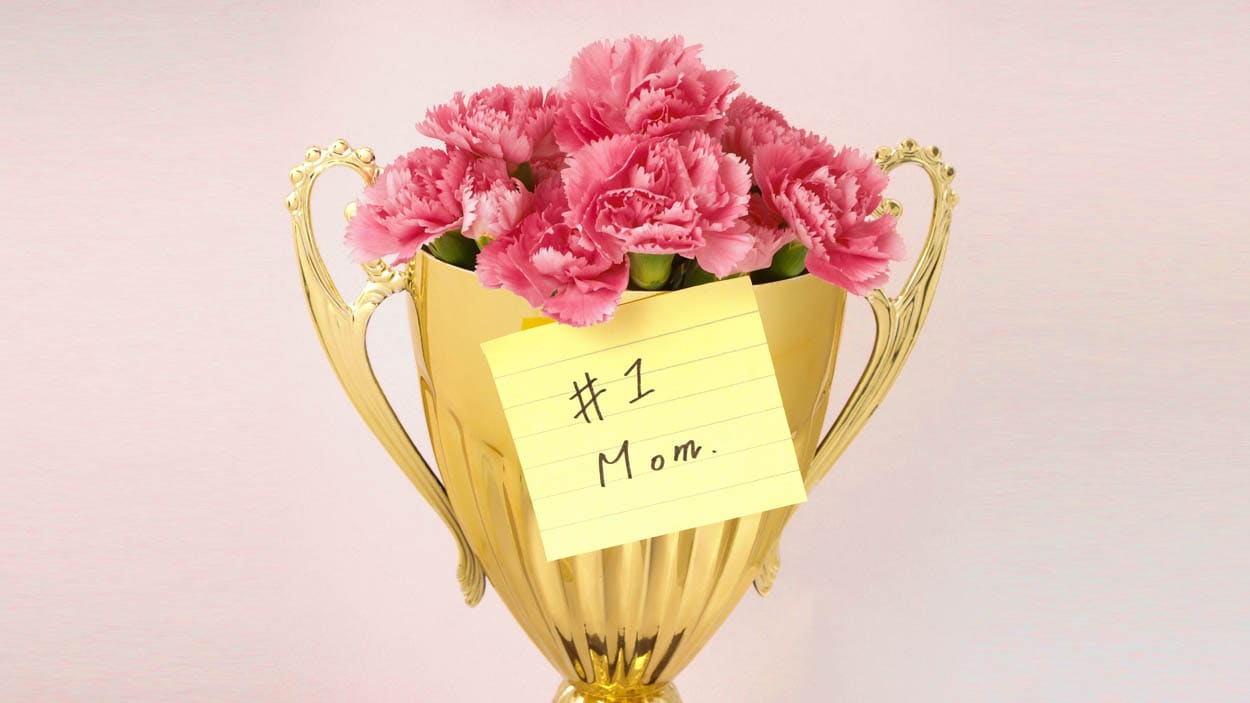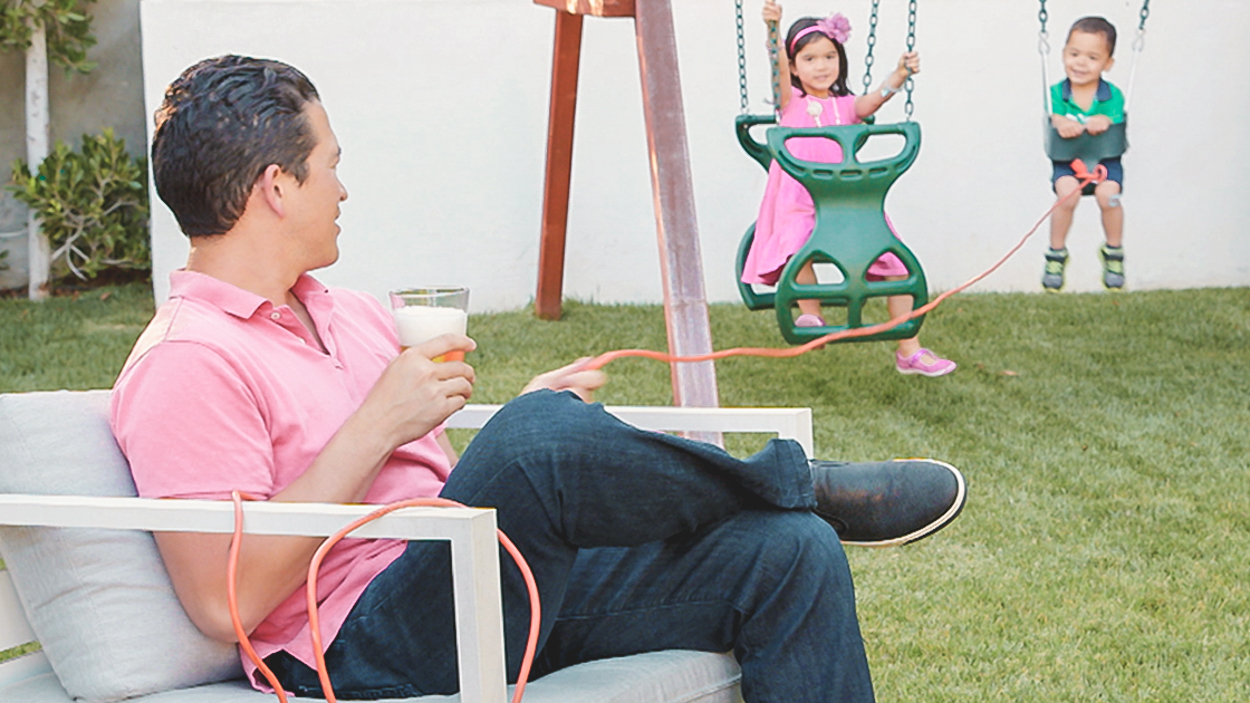

We walk around the middle school gym, shuffling like ducks in a row from teacher to teacher during school conferences for my son. Here, like most places we go, we travel in a pack of four: my husband and me, and my ex-husband and his wife. The meetings all begin the same way, with the teacher starting by asking, “Okay, who are mom and dad?” Once my ex-husband and I announce ourselves, the conversation gets directed towards us, leaving my husband and my ex’s wife standing on the sidelines looking in.
It’s true, my husband is not my children’s biological father. He wasn’t in the hospital room when they were born. He didn’t spend tireless nights awake with our colicky son or wipe our daughter’s tears when she got stung by a bee during her second birthday party. Still, I loathe the word stepfather for the distance it implies. The label makes us both feel like he’s outside the inner circle — a “once removed” in a family tree to which he is entirely devoted.
As any involved stepparent can attest, the lack of shared DNA does not mean my husband is any less immersed in our kids’ lives than their birth father. He still makes breakfast, waits hours on end between hockey games, has played one thousand games of UNO (and counting), and harps on them to do their homework. He schedules appointments, coordinates complex social calendars, folds laundry, and drops off forgotten school books. He’s just as invested in the minutiae of daily parenting as I am.
And so I wonder what it’s like for him in those situations when he has to explain — at doctors’ appointments, sporting events, encounters with fellow parents — that no, he is not their dad, even though this distinction conflicts with how he feels, which is that our kids are “ours.” After ten years of helping to raise our kids, imagine if my husband introduced them as step, like, “These are my two step kids” or wrote a Christmas card “To my step kids.” It sounds ludicrous.
The word “stepparent” is often viewed with a negative bias, even if it’s unconscious. It conjures up images of poisoned apples and neglect, of Brothers Grimm and Cinderella. Stepparents have been portrayed as devious homewreckers at best, or incompetent parents at worst. It’s hard to square that with my family’s experience. In our case, my husband never pushed, never felt entitled to the kids’ immediate trust. He waited patiently to earn it; he let them set boundaries and let them decide when those boundaries should dissolve.
I understand the label “step” is just that: a label for parents not biologically related, those who married in. I will always be somewhat defensive around it, though — every time his role is marginalized, every time a teacher subtly ignores him in favor of the “real parents,” every time he has to explicate his position in our family. But the word does an injustice to my husband and all the other “steps” out there who are crushing it on the job.







